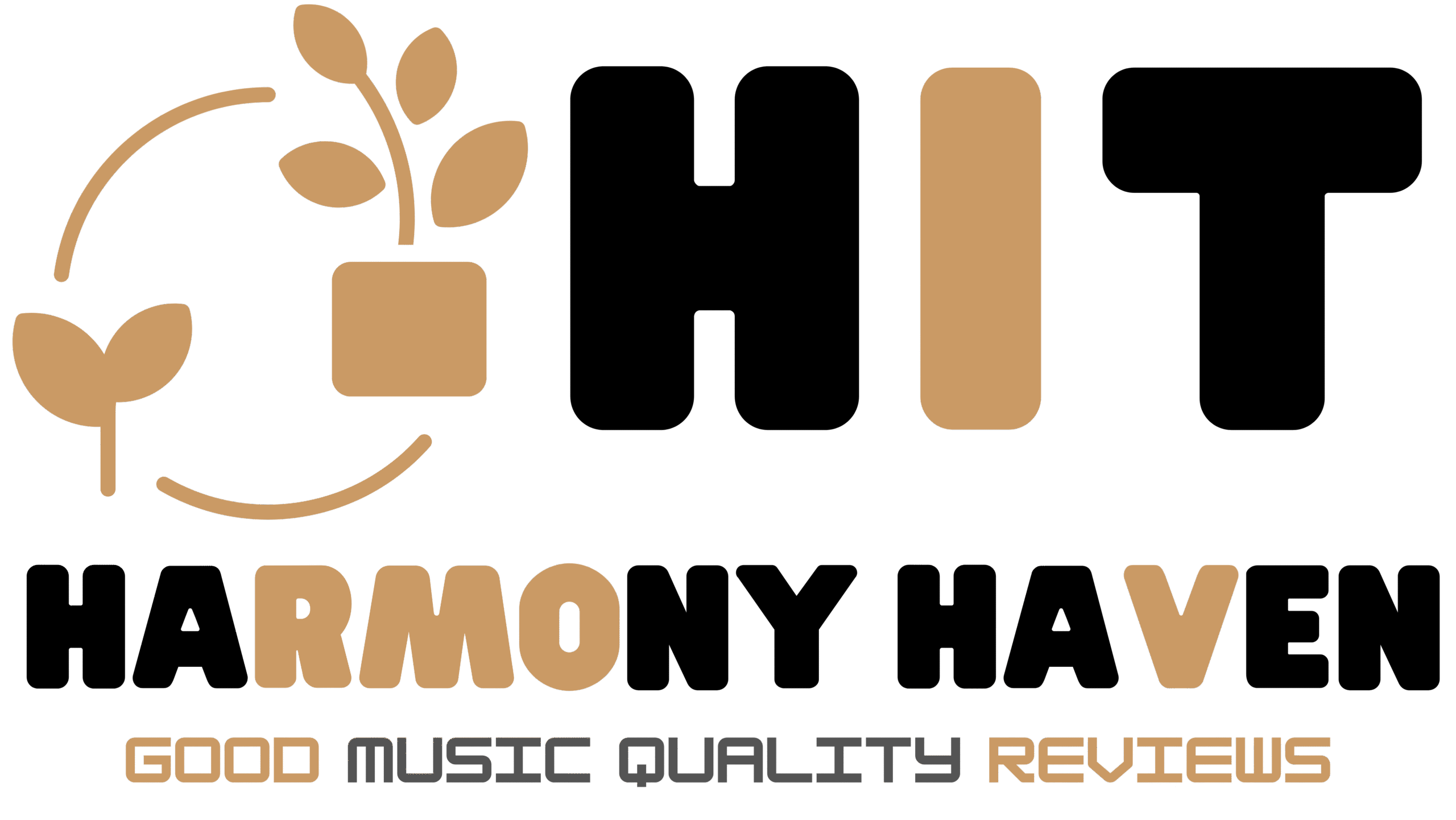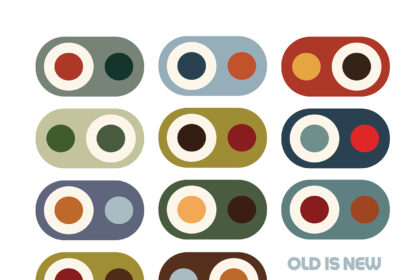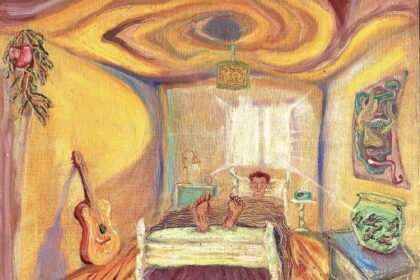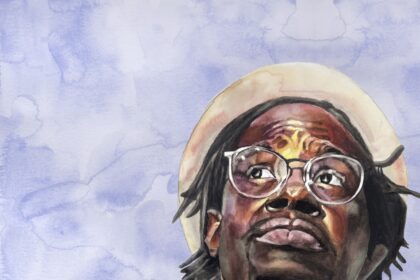There’s a certain kind of silence that hums—like the kind you hear before a thunderstorm breaks. Blinded, the debut album from French sound artist Bastien Pons lives entirely in that charged space. It doesn’t try to entertain, and it sure as hell doesn’t offer hooks. What it does offer is an invitation: step out of time, lean into stillness, and listen. Not passively, but with the kind of attention usually reserved for memories or ghost stories. It’s an album that doesn’t unfold so much as it develops, like an old black-and-white film in a dark room, shadows slowly crawling out of light.
The opening track, “Babi Yar,” is unsettling before it even begins. It creaks, it groans, it breathes like something ancient trapped beneath the floorboards. If you know your history, the title alone is enough to sink your gut. There are no samples to explain it, no words to guide you—just a bleak, slow-motion spiral that dares you to stay with it. You begin to notice things: distant metallic clanks, something that could be wind or breath, and underneath it all, the weight of something unsaid. It’s not ambient in the way Spotify would use the word. It’s ambient like a haunted house is ambient.
Then comes “Black Clouds,” featuring Frank Zozky, and it’s the closest thing the album has to a chant. Zozky’s voice doesn’t sing—it mutters, rasps, and repeats phrases that feel like remnants of a dream you half-remember. The track builds, but not in a typical arc. It thickens. The sound becomes tactile, nearly suffocating, like walking through heavy smoke. You don’t reach a climax so much as become absorbed. It’s one of the record’s most hypnotic moments, and it somehow feels ancient and futuristic at the same time.
The title track, “Blinded,” is where the descent deepens. It’s cinematic in the sense that it conjures images—abandoned hallways, flickering lights, maybe even static-filled surveillance footage—but it never tells you what you’re supposed to see. The distortion isn’t chaotic; it’s sculpted and intentional. It brings to mind the decayed elegance of Coil’s later work or the textural menace of early Swans, yet it never settles into one lineage. Pons carves his grainy tunnel here. Listening to it feels less like hearing a song and more like being placed inside a sonic installation.
“I Did Not Kill Her” is devastating. Not in a loud or shocking way—but in its restraint. It’s mostly silence punctuated by distorted vocal remnants, half-spoken, smeared across an eerie backdrop of shifting tones and crackling static. It feels confessional but also disassociated, like a memory warped by trauma. It reminded me of watching an old VHS tape that’s been recorded over too many times—the original story is there, barely, but it’s been overwritten, buried under noise and time.
By the time you reach “Et Si Un Jour,” featuring Paz, there’s something almost sacred happening. Paz’s voice emerges like a fog lifting from a lake—fragile, but purposeful. The track doesn’t resolve anything, nor does it try. It drifts, as if letting go of the listener rather than concluding the journey. And that’s the thing about Blinded: it doesn’t deliver closure. It offers fragments, textures, and ghosts. You don’t walk away with a melody stuck in your head; you walk away with a feeling you can’t name.
This isn’t an album you recommend lightly. It’s not background music. It demands stillness and patience—and in return, it offers something rare: space. Blinded is seven rooms you walk through alone, guided only by intuition. There are no choruses, no catharsis—just raw presence. Bastien Pons doesn’t write music, he crafts environments, and Blinded is his stark, grainy world laid bare. Step carefully. And don’t expect to come out the same.
For more information, follow Bastien Pons on Soundcloud, Spotify and Bandcamp.
